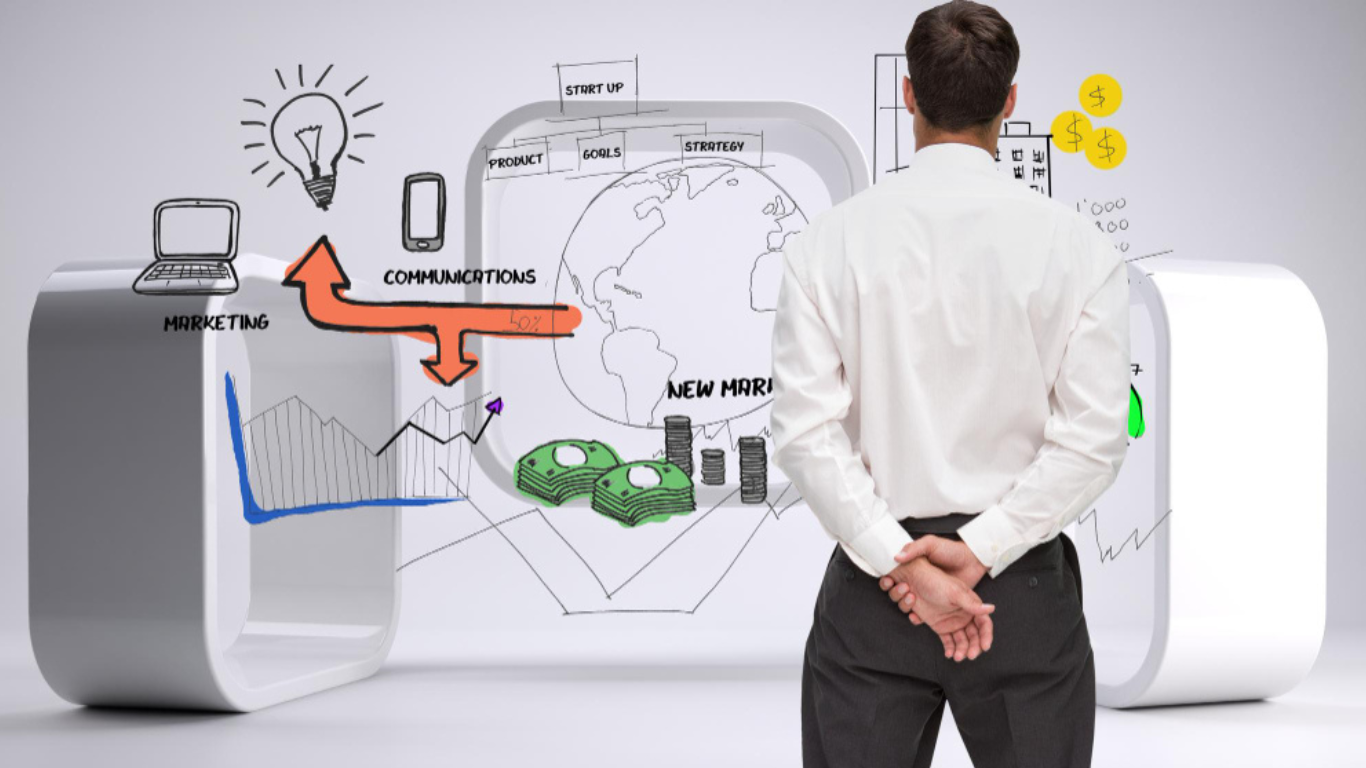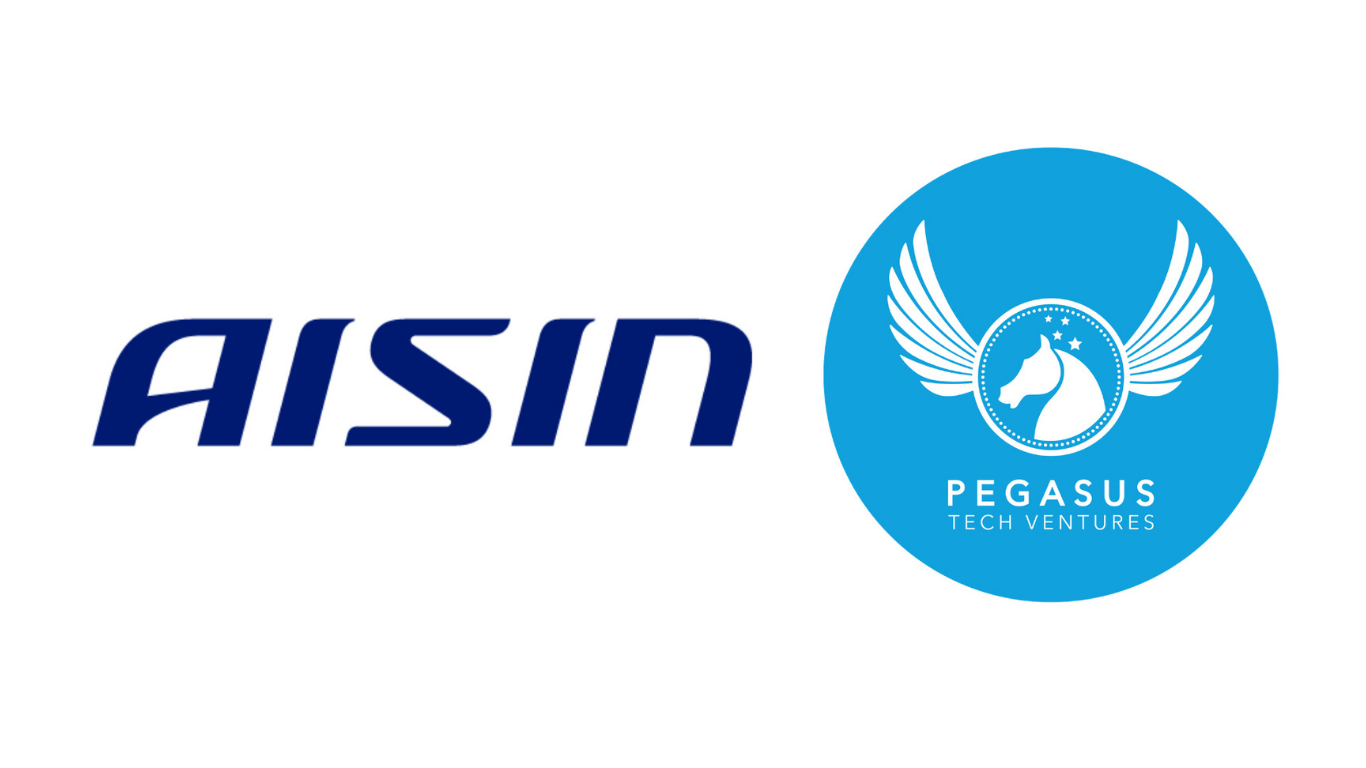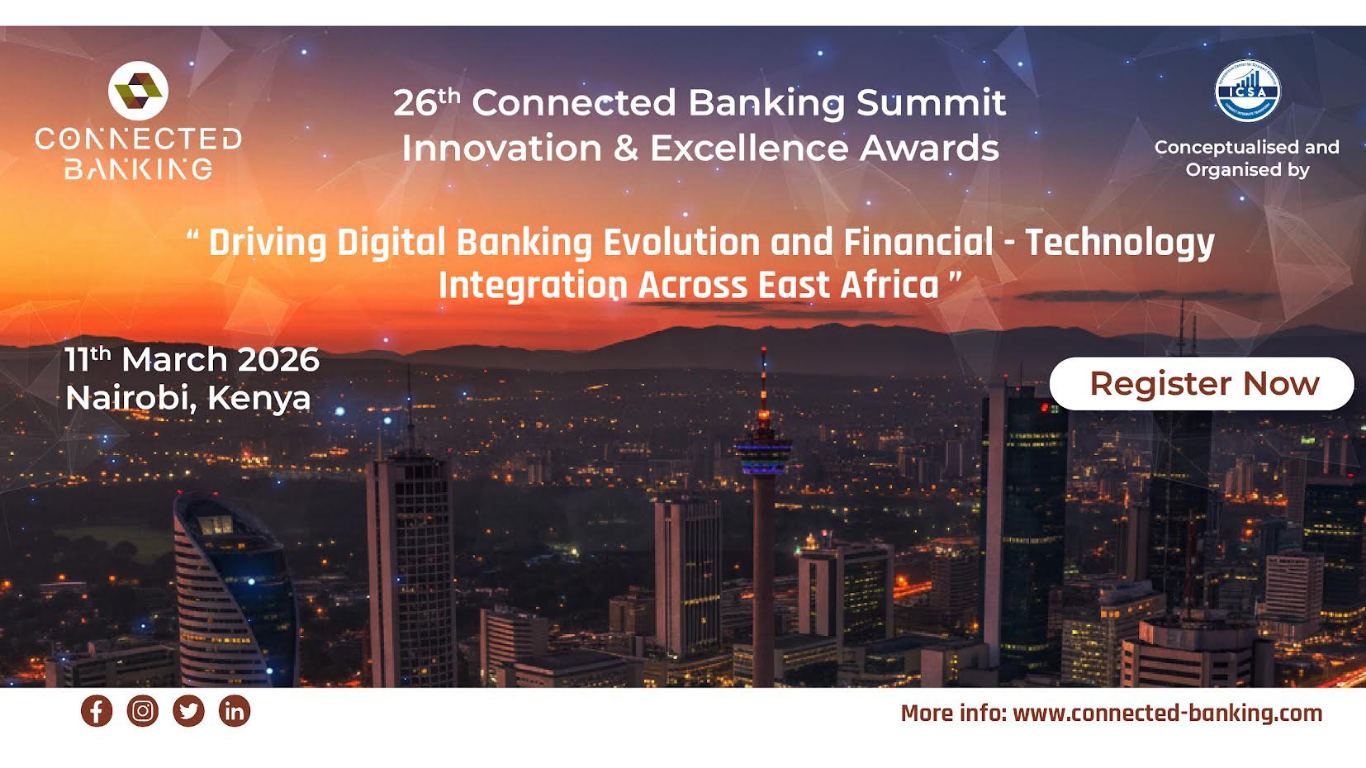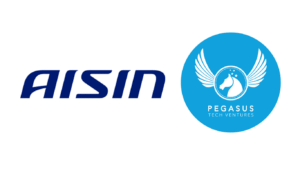Recovery is not just a private victory. It is a process that shapes how a person thinks, acts, and makes decisions every single day. It requires resilience, patience, and the ability to stay focused even when challenges seem overwhelming. Interestingly, these are the same traits that define successful entrepreneurs.
People who have walked the recovery path often find that the mindset they developed during that journey becomes a powerful asset in business. The discipline of recovery, when applied to entrepreneurship, can create leaders who are calm under pressure, decisive when it matters, and deeply committed to their vision.
Why Discipline is the Foundation
In recovery, discipline is the habit of showing up, sticking to routines, and making choices that align with long-term goals. It may involve attending meetings, journaling, maintaining healthy relationships, or practicing mindfulness.
The same principles apply in business. Entrepreneurs must manage time effectively, stay committed to plans, and resist distractions. Discipline allows them to make consistent progress instead of chasing quick wins that rarely last. Over time, this steady approach often builds stronger, more sustainable businesses.
Resilience Through Challenges
No recovery journey is free from setbacks, and no business journey is free from obstacles. In recovery, a challenging day is not the end of progress, it is part of the process. The same thinking helps entrepreneurs when they face market downturns, financial struggles, or internal team issues.
Instead of reacting with panic, they analyze the problem, make adjustments, and keep moving forward. This ability to recover quickly from difficulties can make the difference between a business that survives tough times and one that closes its doors.
The Power of Real-World Insight
Some of the most inspiring leaders are those who apply recovery lessons to their professional lives. They understand that success is a combination of consistency, self-awareness, and the courage to face uncomfortable truths.
A sober entrepreneur brings a unique perspective to business, shaped by discipline, resilience, and a deep sense of purpose. Michael Krowne works with many such entrepreneurs, helping them channel those strengths into building companies that are both profitable and aligned with their values. Through his coaching, he shares strategies that turn personal recovery principles into powerful business advantages.
Self-Awareness as a Leadership Tool
One of the most powerful skills gained in recovery is self-awareness. It means recognizing strengths, understanding weaknesses, and being honest about what triggers stress or poor decision-making. In business, this translates into better leadership. Self-aware entrepreneurs are more willing to delegate, more likely to ask for help when needed, and better equipped to make thoughtful, informed choices. They also tend to create workplace cultures that value openness and respect.
Empathy in the Workplace
Empathy is another trait often strengthened through recovery. Leaders who have experienced personal challenges tend to be more understanding of others’ struggles. They know employees are not just workers, but individuals with their own lives and pressures. This perspective can lead to compassionate policies, healthier work environments, and stronger team loyalty. When people feel valued and supported, they are more motivated to do their best work.
Balancing Growth with Well-Being
A key lesson from recovery is that progress must be sustainable. In business, that means balancing ambition with self-care. Entrepreneurs who overwork risk burnout, poor decision-making, and health problems. Those who apply recovery principles understand the importance of setting limits, taking breaks, and keeping personal health a priority. This balanced approach often results in better performance, because a well-rested, focused leader is more capable of making sound decisions and inspiring their team.
Why These Skills Last
The traits developed during recovery, discipline, resilience, self-awareness, and empathy become part of a person’s identity. They continue to shape how entrepreneurs think, work, and lead, even years after the initial recovery journey began. This lasting mindset not only supports business growth but also fosters long-term personal satisfaction.
Conclusion
Recovery builds more than personal stability. It creates habits and values that can transform the way a person approaches business. The discipline to stay focused, the resilience to push through challenges, the self-awareness to make wise choices, and the empathy to lead with compassion are all assets in the entrepreneurial world. By carrying these qualities into their professional lives, entrepreneurs can create businesses that are successful and grounded in integrity, proving that personal recovery and business excellence can grow side by side.
Article received via email





























